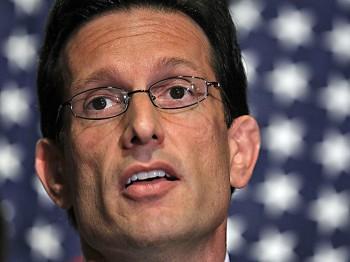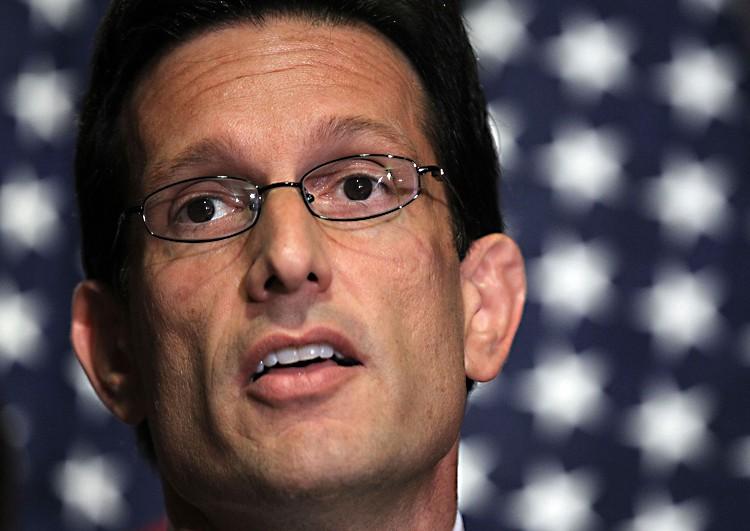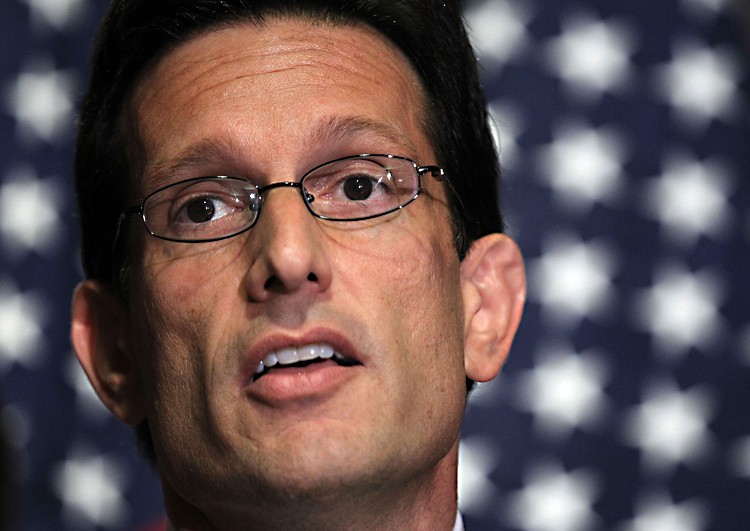Cantor Withdraws From Biden Budget Talks
House Majority Leader Eric Cantor said on June 23 that he can no longer negotiate on behalf of his party in bipartisan budget talks led by Vice President Joe Biden

WASHINGTON - JUNE 22: U.S. House Majority Leader Rep. Eric Cantor (R-VA) speaks during a news briefing. House GOP leaders discussed various issues, including the spending cut, with the media. Alex Wong/Getty Images
|Updated:
Reporting on the business of food, food tech, and Silicon Alley, I studied the Humanities as an undergraduate, and obtained a Master of Arts in business journalism from Columbia University. I love covering the people, and the passion, that animates innovation in America. Email me at andrea dot hayley at epochtimes.com
Author’s Selected Articles






